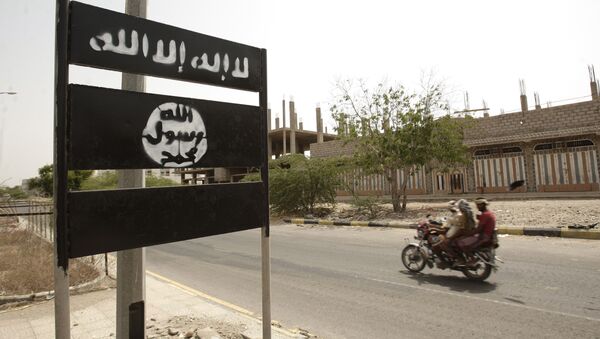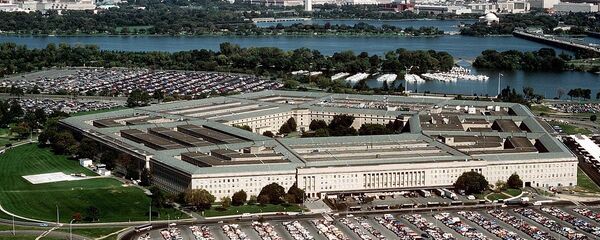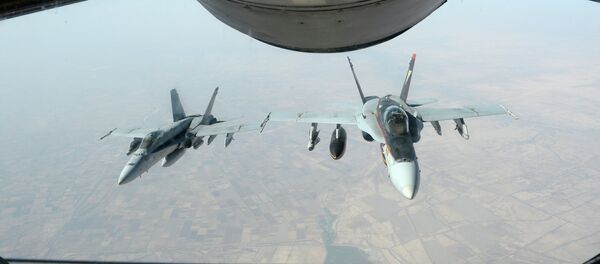Forty targets were hit by airstrikes and drone strikes in early March, Foreign Policy magazine reported, pointing out that the administration of new US President Donald Trump seems to be much quicker to give the go-ahead to attacks than that of his predecessor.
A former senior US defense official contrasted the previous administration's discursive process, in which "stuff moved like molasses through the National Security Council," frustrating military planners, with the new administration's quick-draw approach, in which the military appears to have a stronger role in decision making and action is favored over deliberation.
It is also apparently easier for decisions to move through a smaller staff: many key positions in the Trump administration remain unfilled.
"By default, everything is going to be quicker from flash to bang than it was during the Obama presidency," a former Pentagon official told Foreign Policy.
The US is targeting Al Qaeda in the Arabian Peninsula, or AQAP, which has been gaining ground in Yemen as the country is torn apart by civil war. AQAP is believed by US intelligence to be determined to attack the West and using the war in Yemen to gain strength as the world watches the fight against Daesh.
The strikes against AQAP, however, have also killed civilians and at least two children just in the past week, Telesur reports. Meanwhile, the country is falling into the grips of famine, with the UN saying just last week that 12 million Yemenis will need life-saving assistance this year.
"Despite Yemen's many complexities, it's clear that warring parties on all sides are not doing enough to minimize harm to civilians," Kristine Beckerle, a Yemen and Kuwait researcher with Human Rights Watch, told VICE News. "Rather than green-lighting more weapons sales to Saudi Arabia — and risking complicity in possible future coalition war crimes — the US should be wielding the leverage it has to push its partners to comply with the laws of war, and make sure its own forces do the same."
The US in December halted a major arms sale to its ally, Saudi Arabia over concerns about the civilian death toll of the war (though the Obama administration had sold $100 billion in arms to Saudi Arabia before the curtain fell). Saudi Arabia is backing Yemen's government forces; regional rival Iran is supporting the Houthi rebels.
Trump has indicated that he will be willing to do weapons business with the Saudis again. He also seems willing to expand the US military presence in the Middle East in general. He has repeatedly stressed how successful the US military can be if it is "unleashed." Reports this week indicated that forces would be sent to Syria and more troops to Afghanistan, and the administration has already allowed a commando raid in Yemen (in which one US soldier lost his life, along with some 30 civilians, among them nine children). Trump called the raid a success.
The ramping up of military action in Yemen is not only Trump's doing, however. During 2016, the Pentagon was exploring how to more aggressively go after AQAP in Yemen, and those plans were given to the new administration when it took over in January.
The airstrikes have the appearance of having been planned for some time. Pentagon spokesman Captain Jeff Davis said last week that their planning "goes well back into last year where our commanders on the ground began to develop this proposal to do this," Foreign Policy reported.




